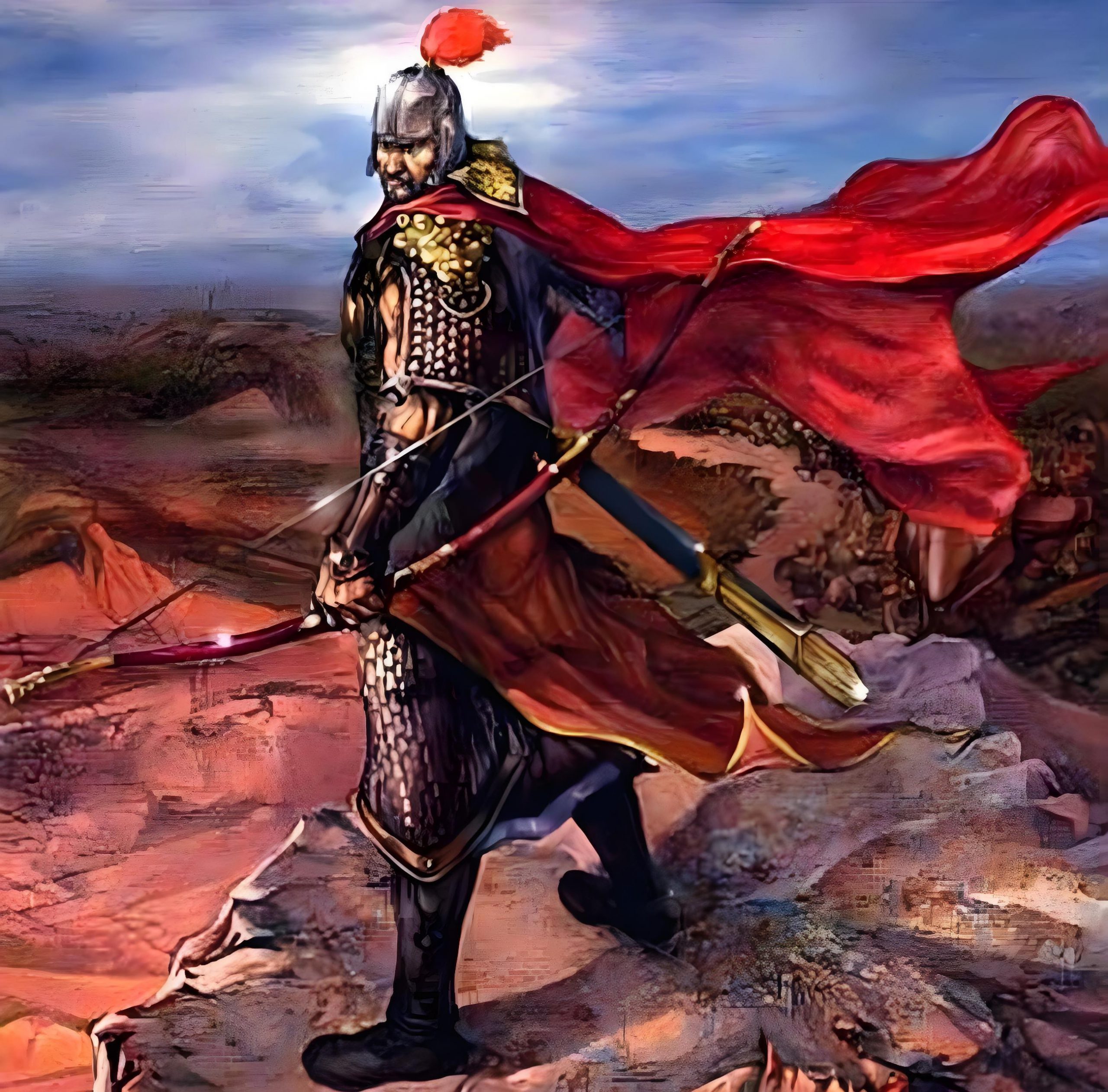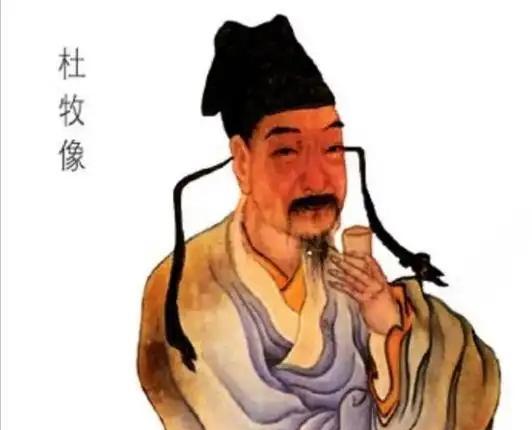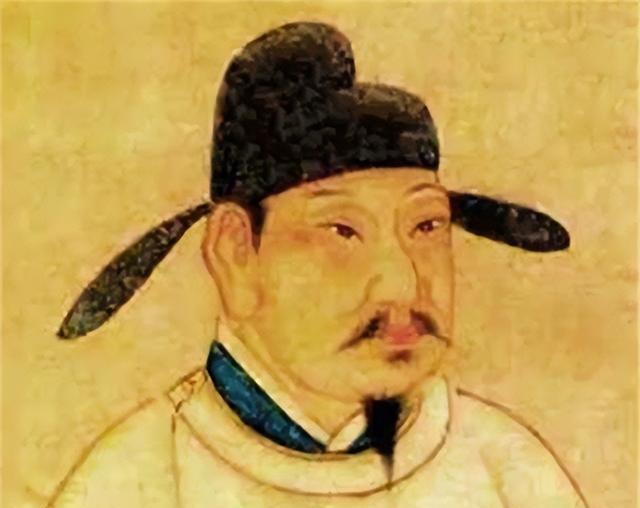Chinese traditional culture has a long and profound history! Today, the History Encyclopedia editor has compiled relevant content about Wang Wei for everyone. May I help you expand your knowledge?
In ancient times, rebellions were commonplace. Successful rebellions could bring huge profits, and rebel leaders could become emperors, establishing great achievements for generations to come. Generals could also be enfeoffed and enjoy glory and wealth. However, when rebellions failed, the fate faced by rebels was equally tragic, and most could not escape death. Even if they did not participate in the rebellion, they would still be implicated afterwards. The great poet Wang Wei was once sentenced to death by the court for serving An Lushan as an official.
So, how did Wang Wei escape death?
Wang Wei was a famous poet and painter of the Tang Dynasty. Due to his poetry often being filled with Zen philosophy, he was praised as a poetic Buddha by later generations. Although Wang Wei has poetic lines full of ambition and passion, such as “Lonely Smoke in the Desert, Japanese Yen Falling in the Long River.” Overall, he is a person who is relatively indifferent to fame and fortune. He works for An Lushan and is forced to do so.
In the 14th year of the Tianbao reign, An Lushan rose up in rebellion with the help of his three garrisons of soldiers. Due to the military deployment of the Tang Dynasty’s internal and external light and the incompetence of Emperor Xuanzong, An Lushan quickly captured Luoyang and Chang’an. After the fall of Luoyang, Tang Dynasty generals Feng Changqing and Gao Xianzhi were unable to defend and chose a defensive strategy. Tang Dynasty Emperor Xuanzong believed the slander and killed Feng Changqing and Gao Xianzhi, the defenders of Tongguan, leaving the famous general Ge Shuhan to lead troops to resist An Lushan. Under the order of Emperor Xuanzong of Tang, Ge Shuhan was forced to take the initiative to fight against the enemy, but ultimately suffered a defeat and was also betrayed by his subordinates and became a prisoner.
After the fall of Tongguan, Chang’an lost its last line of defense. In times of crisis, Emperor Xuanzong of Tang fled hastily with Yang Guifei and others. When Emperor Xuanzong of Tang fled, the dragons in Chang’an were leaderless and quickly captured by An Lushan. The people and ministers of Chang’an fell into the hands of An Lushan.
The purpose of An Lushan’s rebellion was to become an emperor. Therefore, after entering Chang’an, he did not commit any crimes such as burning, killing, or looting. Instead, he used some of the Tang Dynasty’s ministers, including the poet Wang Wei, for his own benefit. Wang Wei himself had no intention of becoming an official for An Lushan, but due to his great fame, he caught An Lushan’s attention. Under An Lushan’s coercion, Wang Wei was forced to do a false job under An Lushan’s command.
Although An Lushan initially fought against the Tang army’s successive defeats, he only had three garrisons of troops, while Tang Suzong could mobilize troops from all over the world. Under the leadership of Emperor Suzong of the Tang Dynasty, Guo Ziyi, Li Guanggru and other famous generals began to lead a counter offensive. After ten years of hard fighting, they finally eliminated An Lushan, Shi Mingsi and their remaining followers, ending the An Shi Rebellion. After the end of An Shi Rebellion, there was no shortage of rewards and punishments. Famous generals such as Guo Ziyi and Li Guanggru were rewarded by the imperial court, but Wang Wei, who had done false jobs for An Lushan, was inevitably punished. Wang Wei was sentenced to death by the imperial court.
The matter of Wang Wei can be described as big or small, but if it is described as small, it is understandable that Wang Wei was forced to do so. If it is described as big, it is a crime of selling out the country. After the An Lushan Rebellion was quelled, Emperor Suzong imprisoned all officials who worked for An Lushan and sentenced them to death for treason. Coincidentally, Wang Weizheng gained fame for writing poetry and was discovered by An Lushan, who forced him to do a false job. However, it was also because of a poem that he saved Wang Wei’s life.
After An Lushan occupied Chang’an, he had musicians serving the court perform for him. One of them was a musician named Lei Haiqing. During the performance, due to grief, he couldn’t help but shed tears and was killed by An Lushan. Upon hearing this, Wang Wei wrote the poem “Ningbi Pool”:
Thousands of households are heartbroken and smoke in the wild, when will the hundred officials turn to the sky again?
Autumn locust leaves fall into the empty palace, and the sound of the orchestra plays at the head of the Ningbi Pool.
In this poem, Wang Wei expressed his pain of death and longing for the court. After reading it, Tang Suzong learned that Wang Wei had never betrayed the country. In addition, Wang Wei’s younger brother, the Deputy Minister of Justice Wang Jin, had made contributions in suppressing rebellions and pleaded for mercy for Wang Wei several times. Tang Suzong finally exempted Wang Wei from the crime and granted him the position of Crown Prince Zhongyun. Later, he was promoted to the position of Right Deputy Minister of the Ministry of Personnel. However, after only three years, Wang Wei passed away due to illness, which was considered a good ending.



